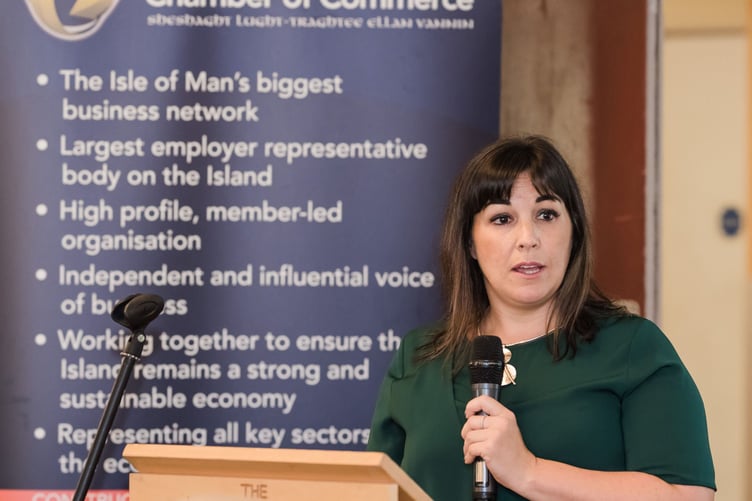The island’s Chamber of Commerce is urging Tynwald to support proposals which would change how minimum and living wage rates are calculated.
Recommendations in a Department for Enterprise report would effectively spell the end to government plans to raise the minimum wage to the level of the living wage, as currently calculated.
Instead, the minimum wage would be set at 66% of median income and this would become a new ‘National Living Wage’ like that in the UK.
Members of the Chamber of Commerce and the wider business community have long expressed concerns about the impact of minimum and living wage rates on business viability and the economy.
The living wage is intended as a measure of how much people need to earn in order to maintain a reasonable standard of living. But by design it ignores what level of pay businesses can reasonably afford to pay.
It is not mandatory.
For 2025-26 it is set at £13.74 per hour, up by 69p from the previous year. In contrast, the minimum wage stands at £12.25 and £9.55 for under-18s.
In April 2021, Tynwald endorsed a recommendation to harmonise the minimum wage and living wage within five years.
A two-stage increase in the minimum wage had been proposed in 2025.
The first, raising the main rate to £12,25 in April, went ahead. But the second hike to £13.05, planned for October, was deferred pending the outcome of a review of the current methodology.
Now published, the report recommends that the adoption of a methodology that sets the minimum wage at 66% of Isle of Man’s median earnings.
It notes: ‘A median earnings-based minimum wage may offer several advantages over the proposed living wage harmonisation, making it a more pragmatic option for ensuring consistent wage review.’
The UK similarly has a target of 66% of median income for its National Living Wage, which is its name for the minimum wage. It’s currently £12.21 an hour, compared to the independently calculated ‘real’ living wage which is £12.60 an hour of £13.85 in London.
At the time of the DfE report, median earnings in 2024 were £20.39 per hour.
The report notes: ‘The island’s minimum wage is already around 60% of median earnings, therefore a target of 66% would not only reflect the feedback regarding a simpler methodology but would also provide a clear trajectory of increases for low paid workers.
‘This clearly sets a rationale for the Isle of Man attaining 66% of median earnings in line with neighbouring jurisdictions, attaining a ‘National Living Wage’ akin to the commonly recognised methodology regarding relative poverty.’
The Chamber of Commerce called on Tynwald to support all recommendations made.
Chamber CEO Rebecca George said: ‘We welcome the publication of the review.
‘This report – and the eight recommendations to change how rate increases are calculated – marks an important step towards establishing a more predictable, transparent, and economically grounded methodology.
‘It is a more sustainable and balanced alternative to aligning the minimum wage directly with the living wage.’




